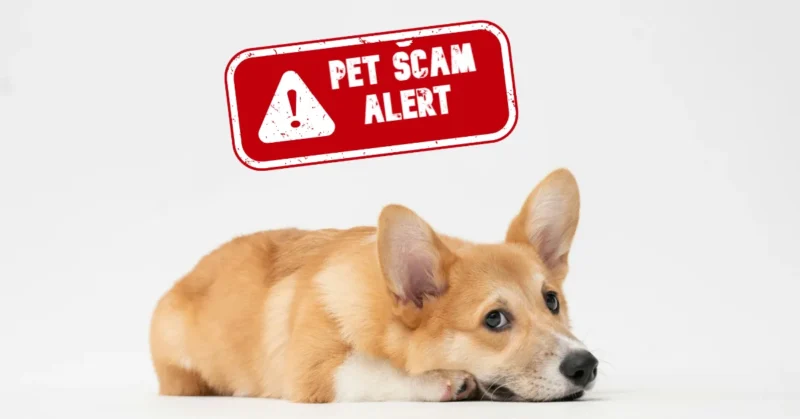
▾
Fake Listings & Pretend Sellers
Transport, Courier & Airport
Paperwork, Insurance & Fees
Emotional Manipulation & Urgency
Side Grifts (Contests, Jobs, Services)
Still unsure? Get a second opinion.
If something feels off, pause. Talk to a trusted rescue, your local council, or a consumer protection agency before sending money. Keep screenshots, invoices, email headers, and chat logs.
Pet Rescue NZ
Every pet has a story—and sometimes, that story needs a new chapter. At Pet Rescue New Zealand, we connect animals in need with kind-hearted people ready to help write that next chapter. Every listing is a lifeline, and every adoption is a new beginning.
For Pet Owners
For Adopters
